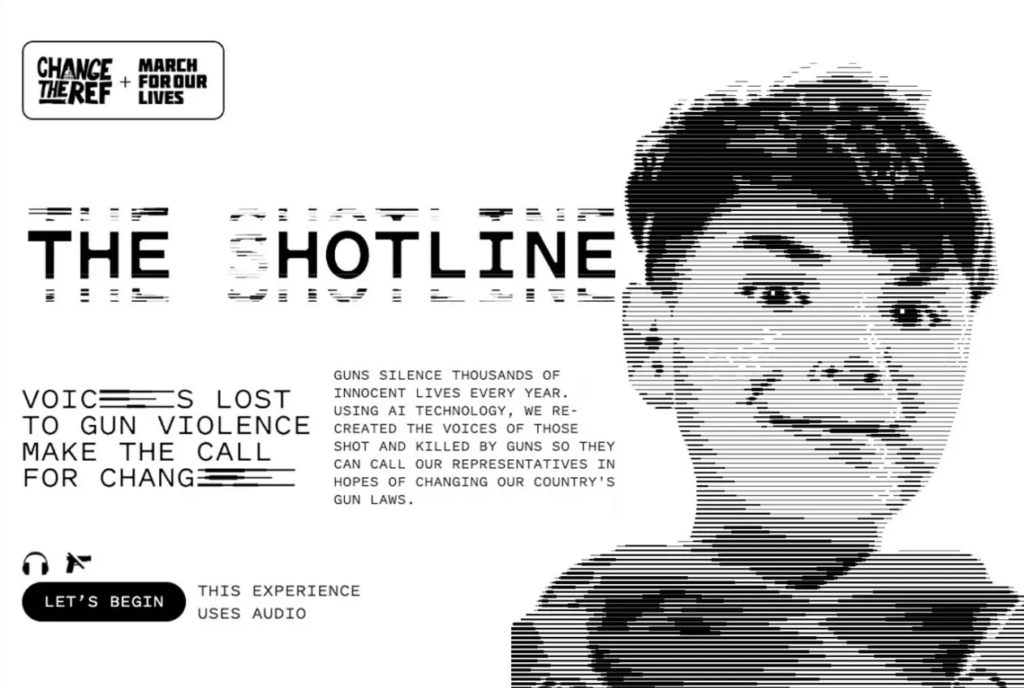
YOU ARE BOUVÉ
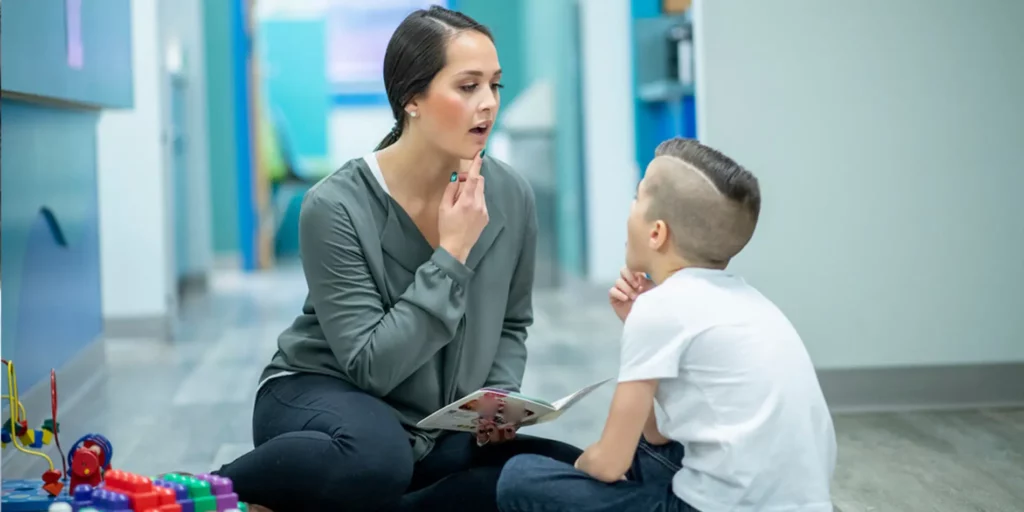
Our department works to advance the science of human communication and its disorders. We seek to understand the science of human communication untethered from the traditional limitations of the field. We make a direct impact on the world through targeted learning experiences and research, while creating an actively inclusive community.
We are committed to evidence-based research and research translation to eliminate communication disparities. Our department is a unique transdisciplinary setting that incorporates teaching, learning, and serving, in a rapidly evolving multicultural environment.
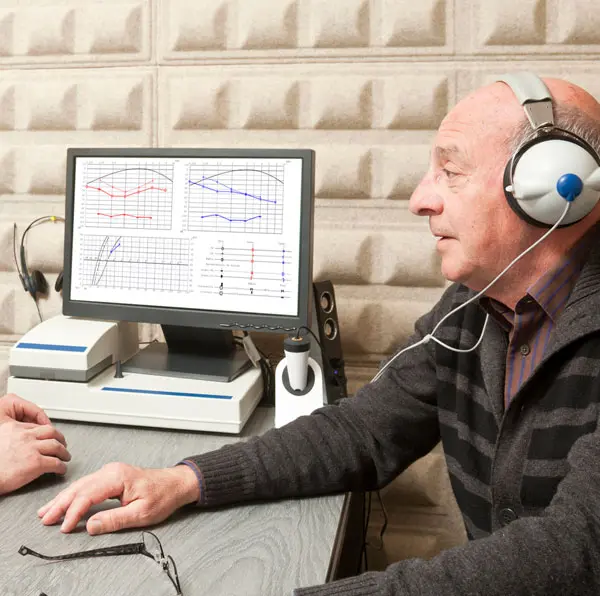
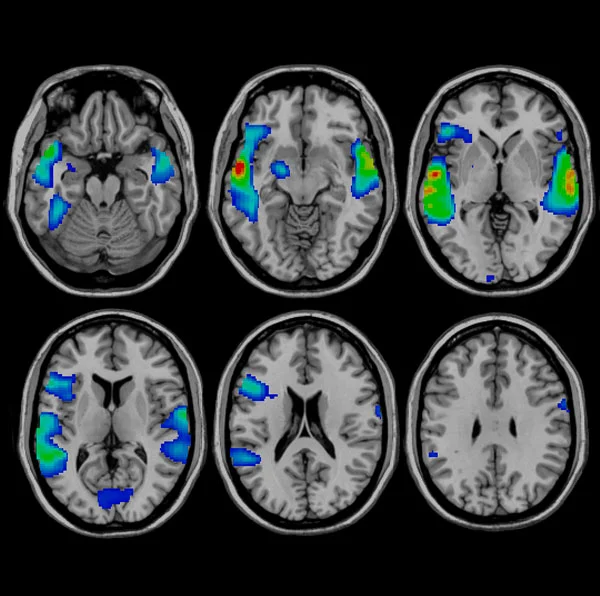

Monday-Friday
8:30 am – 5:00 pm
Northeastern University
Northeastern University Speech-Language and Hearing Center provides assessment, treatment, counseling and referral services to children and adults with hearing, balance, communication and/or swallowing problems.
Our full service center is technologically advanced and staffed with licensed speech-language pathologists, audiologists, and graduate students who work collaboratively with families and caregivers to develop individualized treatment plans.
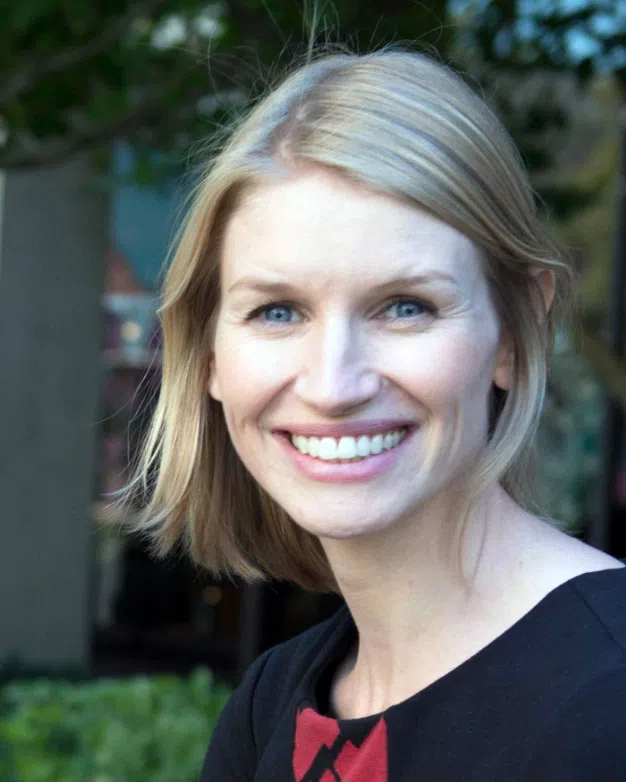
Dr. Zimmerman is an Associate Professor and Chair of the Department of Communication Sciences & Disorders, as well as the Associate Chair for Research and Innovation. Dr. Zimmerman directs the Speech & Neurodevelopment Lab (SNL).
Faculty Spotlight
The Department of Communication Sciences and Disorders (CSD) is housed within the School of Clinical Rehabilitation Sciences (SoCRS), which is one of four in the Bouvé College of Health Sciences. Our CSD department contains twenty-five faculty members. Of this 25, 11 are tenured/tenure-track and 14 are non-tenure track faculty members. Seventeen faculty hold research doctorates (PhD., EdD), which includes four full professors, two associate professors, five assistant professors, one associate clinical professor and five assistant clinical professors. The remaining eight faculty (three associate clinical professors and five assistant clinical professors) hold the appropriate terminal professional degrees and certifications (e.g., AuD, MS, MA). Twenty of our faculty have their clinical certification (CCC-SLP, CCC-A).
Tenured/tenure track faculty members conduct research and teach, and most apply a portion of their effort on extramurally funded research grants or contracts. Non-tenure track faculty members focus on classroom and clinical teaching and training, while also contributing to scholarly research and dissemination of information within their profession. All faculty members are actively engaged in service to the department, Bouvé College, the University and wider community. Programs and associated research activities in CSD have been designed to meet the department’s scope. CSD accepts students into an undergraduate 4-year degree in Speech-Language Pathology and Audiology (BS SLPA), six combined majors in SLPA, a 4-course minor in Communication Sciences and Disorders, a 5-course clinical minor in Speech-Language Pathology and Audiology, a 5-year combined bachelor’s/master’s speech-language pathology degree, and a 2-year master’s program in Speech-Language Pathology. Along with other units, CSD is part of the interdisciplinary certificate program in Early Intervention. Doctoral students interested in working with our esteemed faculty can apply to the doctoral program within SoCRS, as well as others doctoral programs across the university. Given the interdisciplinary focus of Northeastern, our students are encouraged to form collaborations across departments that span the entire university. This strategic plan addresses our shared vision and goals as a department, and each faculty member brings a unique perspective, skill set, and focus to our community’s engagement with our goals.
To advance the science of human communication and its disorders, understand the science of human communication, untethered from traditional limitations of the field, and make a direct impact on the world through targeted learning experiences and research opportunities while creating an inclusive community.
Communication beyond boundaries
The Department of Communication Sciences and Disorders embraces and upholds the University’s core values of:
Experience: Only through experiences can we truly understand and influence communication sciences and disorders.
Interdisciplinary: This approach unbinds us from limited perspectives and facilitates deepened understanding of communication from many facets and viewpoints.
Inclusivity: We will provide equal access to all learning experiences and prioritize investment in programming to promote diversity, equity, and inclusion.
Global: We encourage understanding of communication sciences from a global and regional perspective.
Partner-driven: Mentoring and support for all levels of students and alumni through engagement in the vast CSD network of alumni, clinics, and research labs around the world. All Department faculty and students guide their professional conduct according to the Core Values of the American Speech-Language and Hearing Association (ASHA). Our MS SLP program is accredited through the Council on Academic Accreditation in Speech-Language Pathology (CAA) of the American Speech-Language-Hearing Association.
Goal 1 To increase research productivity and facilitate collaboration among faculty in areas of mutual interest and expertise
1.1 To increase extramural funding by submitting more high-caliber research grants, which will be achieved through individual goal sessions with chairs at the start of every semester, collaborative faculty mentoring, and attending university-wide training sessions focused on grant writing.
1.2 To increase visibility of the CSD Department’s research and clinical practices by participating in the SoCRS Rehabilitation Spotlight Series, sharing our department’s successes at the SoCRS and Deans’ Leadership meeting, and increasing participation in interprofessional research across campus.
1.3 To recruit 1-3 PhD student(s) per year into our department through interprofessional doctoral programs, which are currently offered in Personal Health Informatics, Bioengineering, and Human Movement and Rehabilitation.
Goal 2 To provide experiential and interprofessional educational opportunities in Communication Sciences and Disorders grounded in evidenced-based research
2.1 To unleash the power of experiential learning through clinical placements (off campus/on campus/virtual) that are community driven and that foster diversity. We hope to expand local/regional clinical practicum opportunities by engaging in various clinical programs and settings (e.g., Camp Jabberwocky, Confidence Connection, Boston Children’s Hospital ALS program & Autism Language Program) as well as expand the Interdisciplinary Early Intervention Certificate program to include other professions.
2.2 To encourage and provide lifelong learning opportunities that span from undergraduate education through postgraduate continuing education by offering interprofessional continuing education events to current students, faculty, alumni, and off-campus clinical supervisors, and hosting invited speakers as part of research/clinical colloquium/symposium series. Enhance the students’ experience of professional graduate education in MS/SLP and AuD programs
2.3 To create interprofessional on-campus clinic/groups (e.g., reading/math program and/or shared diagnostic equipment) where therapies and assessments are provided by several health professionals in collaboration.
2.4 To create new interprofessional education (IPE) opportunities in academic courses through collaborations within the newly found SoCRS (e.g., interprofessional simulations (e.g., virtual and in-person).
Goal 3 To leverage and expand diversity, equity and inclusion across our academic coursework, clinical training, and community outreach.
3.1 To encourage bi-directional dialogue between faculty and students to create a healthy learning environment for all by having a Town Meeting once per semester.
3.2 To emphasize diversity, equity, and inclusion in all academic and clinical courses and in clinical practice (in-house, off-campus) as documented on course syllabi and students’ clinical practice (in-house, off-campus) written performance evaluations.
3.3 To increase and retain students, staff, and faculty from historically under-represented groups by promoting our field to high school students from diverse backgrounds (e.g., Bouve College high school summer program) and recruiting faculty from diverse settings. We will retain 90% of diverse faculty and students.
3.4 To support post-graduation success of our students from historically under-represented groups in navigating the CF process and career choices through our alumni network by creating an alumni-new graduate mentoring system.
Goal 4 To create and expand current local, regional, national and global networks and opportunities in clinical and research education in CSD.
4.1 To expand our presence in the local community by developing an annual CSD community talk series.
4.2 To expand national and international research collaborations (South Africa, India, South Korea, Israel, London, or Charlotte campus) in our department’s areas of excellence.
4.3 To expand the MS SLP program to one of the regional campuses.
Praxis examination pass rates for the previous three periods/testing cycles for graduates of the Master of Science in Speech-Language Pathology program based on available ETS data.
3-year average Praxis pass rate = 95.30%
| Academic year | # Taking exam | # Passed exam | % Passed exam rate |
| 2024-2025 | 61 | 58 | 95% |
| 2023-2024 | 29 | 27 | 93% |
| 2022-2023 | 59 | 57 | 97% |
An average program completion rate for graduate students in the last 3 years in relation to program’s published expectation for length of time for students to complete the degree, based on enrollment data.
3-year average program completion rate = 95.07%
| Academic Year | Completed within expected time frame | Not completed within expected time frame | Not completed | Completion rate |
| 2024-2025 | 61 | 4 | 0 | 94% |
| 2023-2024 | 48 | 0 | 3 | 97% |
| 2022-2023 | 84 | 2 | 1 | 97% |
Upon completion of the program, students will have:
Successful completion of the BS in Speech-Language Pathology & Audiology program prepares graduates to:
The Bachelor of Science in Linguistics and Speech-Language Pathology and Audiology program learning outcomes follow the outcomes listed above for the Bachelor of Science in Speech-Language Pathology and Audiology program, with the addition of program learning outcomes for Linguistics.
The Bachelor of Science in Communication Studies and Speech-Language Pathology and Audiology program learning outcomes follow the outcomes listed above for the Bachelor of Science in Speech-Language Pathology and Audiology program, with the addition of program learning outcomes for Communication Studies.
The Bachelor of Science in Computer Science and Speech-Language Pathology and Audiology program learning outcomes follow the outcomes listed above for the Bachelor of Science in Speech-Language Pathology and Audiology program, with the addition of program learning outcomes for Computer Science.
The Bachelor of Science in Data Science and Speech-Language Pathology and Audiology program learning outcomes follow the outcomes listed above for the Bachelor of Science in Speech-Language Pathology and Audiology program, with the addition of program learning outcomes for Data Science.
The Bachelor of Science in Speech-Language Pathology and Audiology and Human Services program learning outcomes follow the outcomes listed above for the Bachelor of Science in Speech-Language Pathology and Audiology program, with the addition of program learning outcomes for Human Services.
The Bachelor of Science in Speech-Language Pathology and Audiology and Behavioral Neuroscience program learning outcomes follow the outcomes listed above for the Bachelor of Science in Speech-Language Pathology and Audiology program, with the addition of program learning outcomes for Behavioral Neuroscience.

The Master of Science (M.S.) education program in Speech-Language Pathology (residential) at Northeastern University is accredited by:
The Council on Academic Accreditation in Audiology and Speech-Language Pathology (CAA) of the American Speech-Language-Hearing Association,
2200 Research Boulevard #310,
Rockville,
Maryland 20850
1-800-498-2071 or 1-301-296-5700
The Department of Communication Sciences and Disorders is committed to upholding Northeastern University’s Policy on Equal Opportunity, which prohibits discrimination and retaliation on the basis of protected categories.
We strive to create a diverse, inclusive community and do not tolerate discrimination based on race, color, national origin, religion, sex, familial status, disability, source of income, sexual orientation, gender identity, age, marital status, veteran or active military status, genetic information, or any other protected category.
For questions pertaining to CSDCAS and Master of Science in Speech-Language Pathology applications please contact:
CSDCAS
617-612-2030
[email protected]
For questions pertaining to academics/program of studies in Speech-Language Pathology please contact:
Sarah Young-Hong, Program Director
617-373-3698
[email protected]
30 Leon Street, Boston, MA
503 Behrakis Health Sciences Center
Front Desk: 617-373-2492
Fax: 617-373-8756
Consult Speech:
Caren McDonough, Clinic Director
[email protected]
Speech-Language Center
2151 Hawkins St., 8th Floor
Charlotte, NC 28203
Contact:
Dr. Toya Foggie
Clinic Director and Assistant Clinical Professor
Tel: 704-378-8166
[email protected]